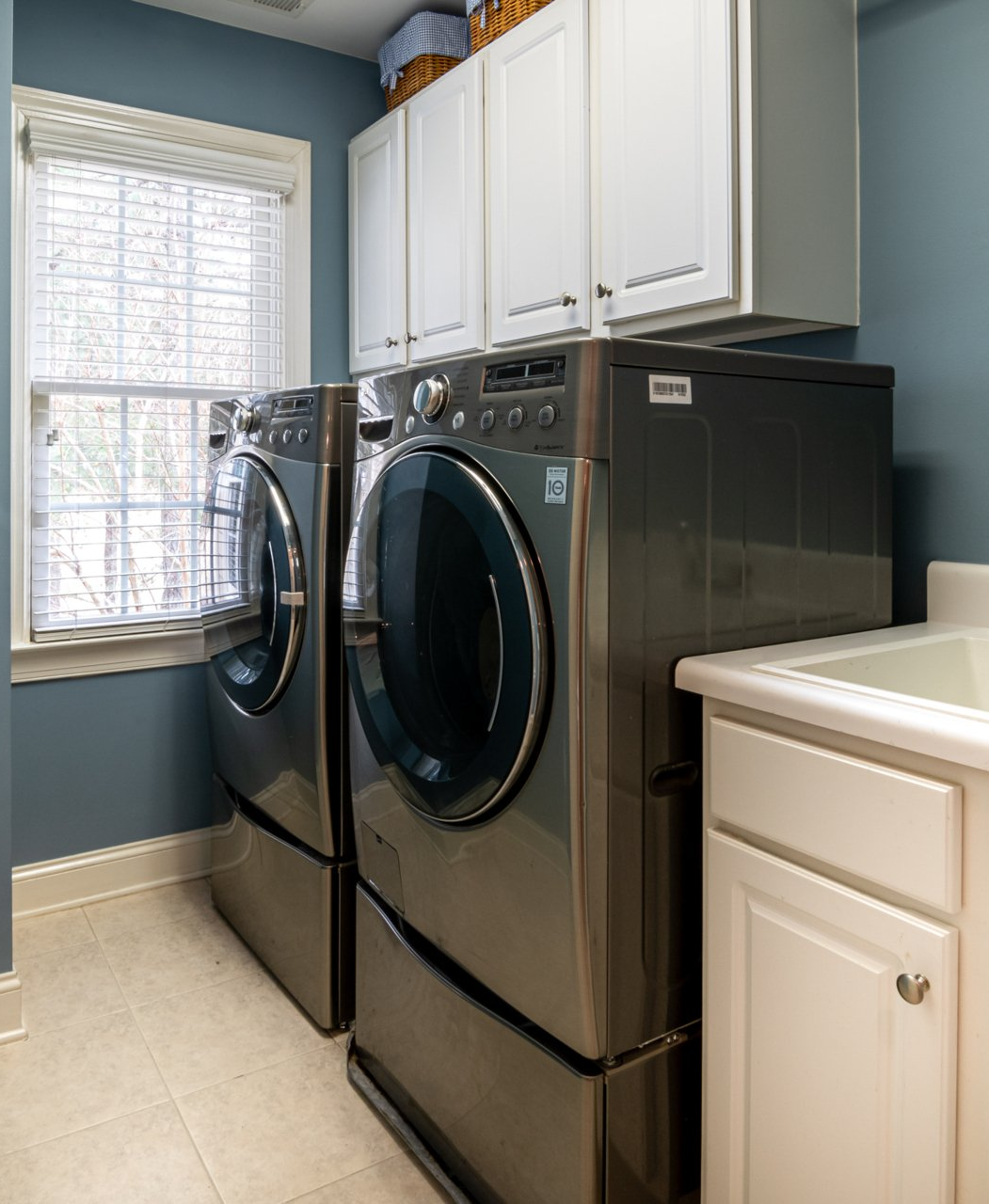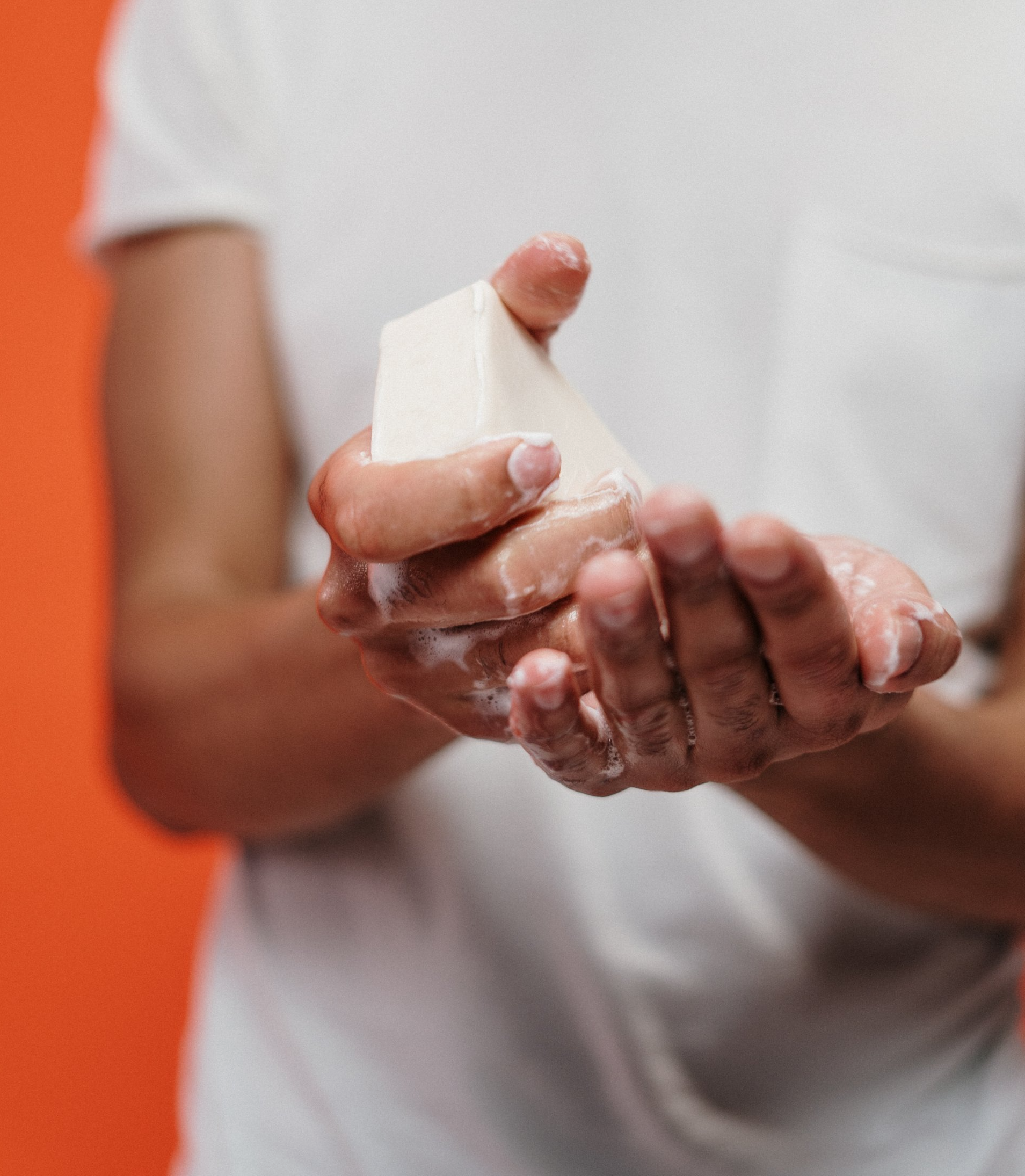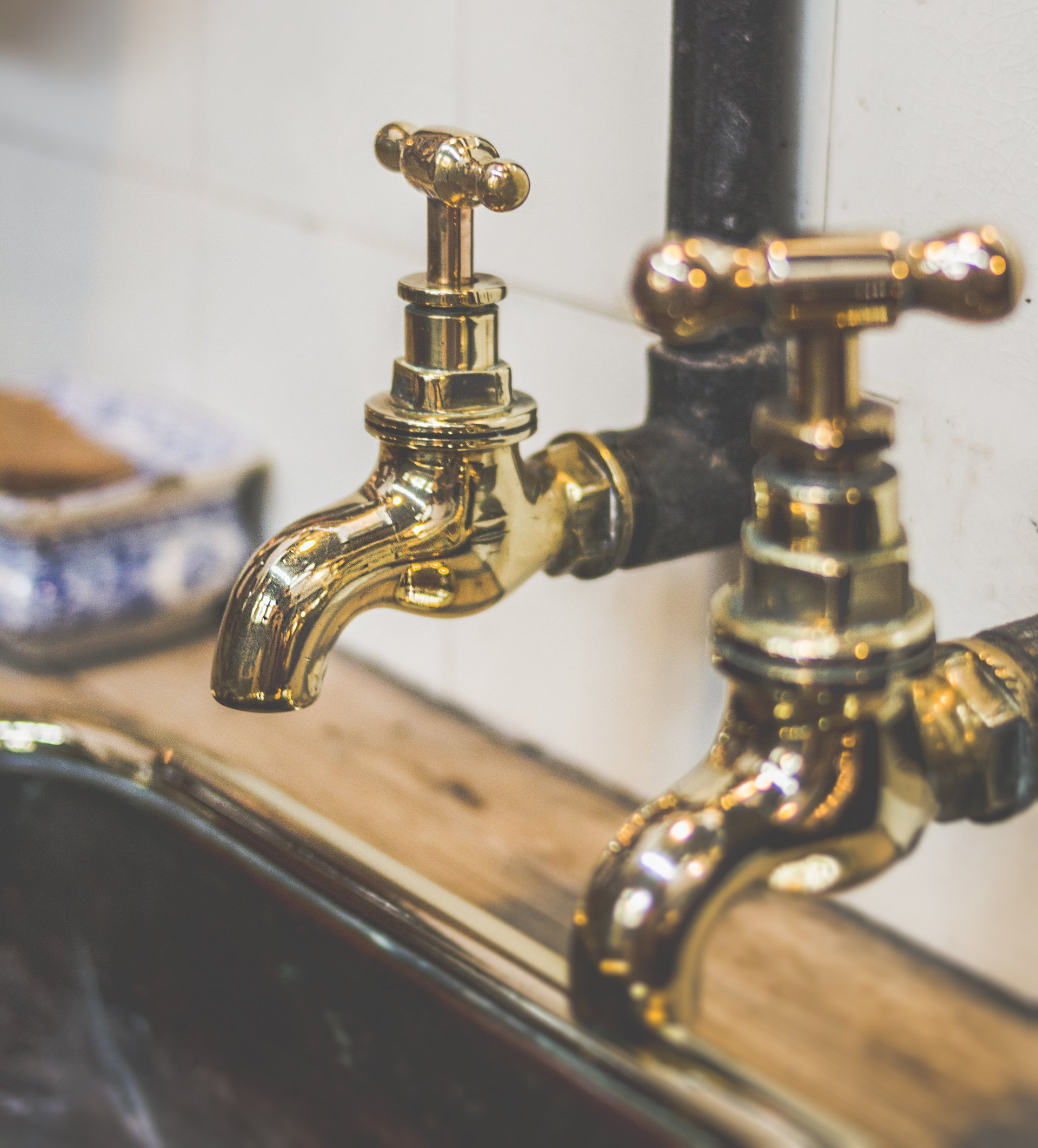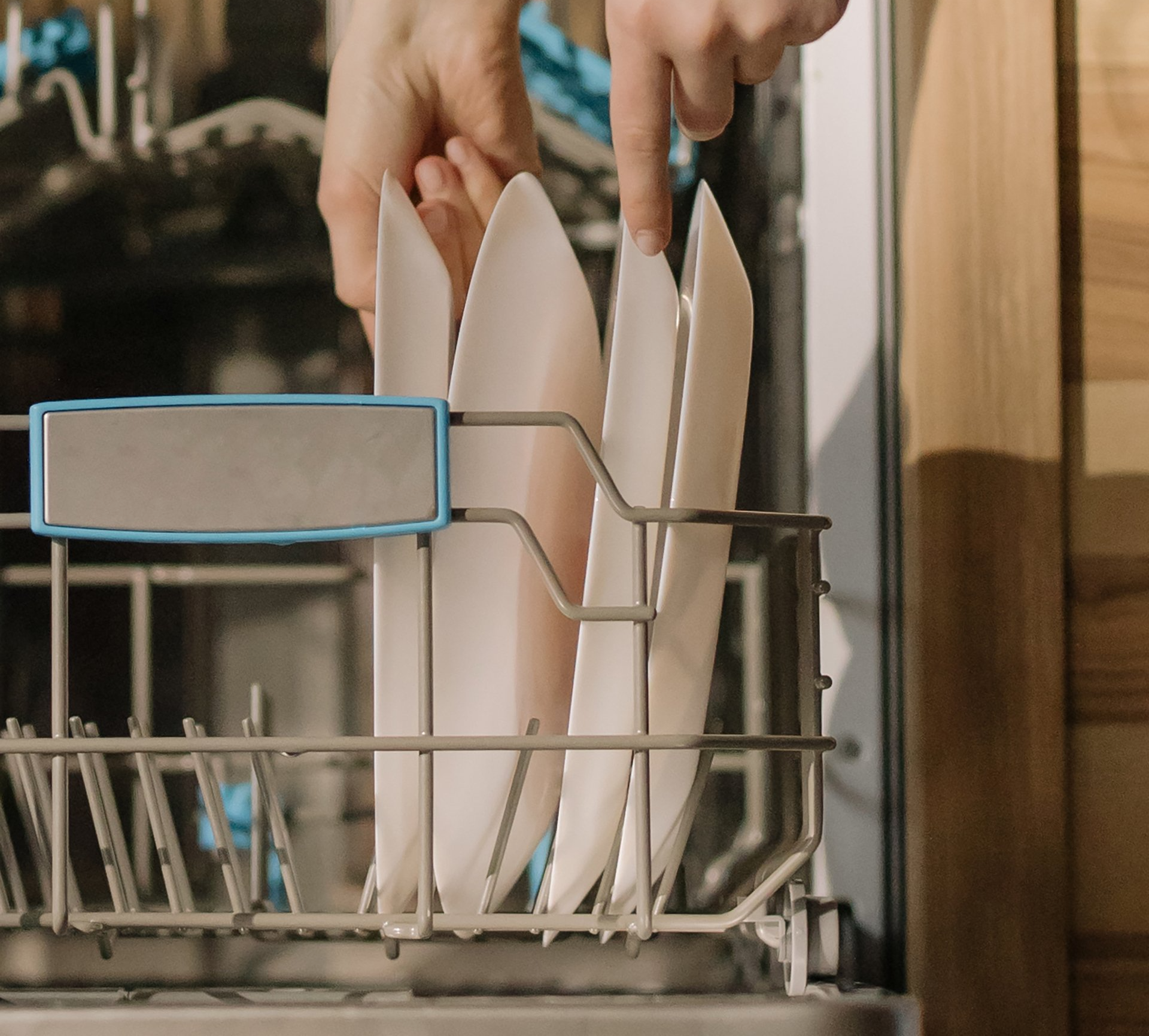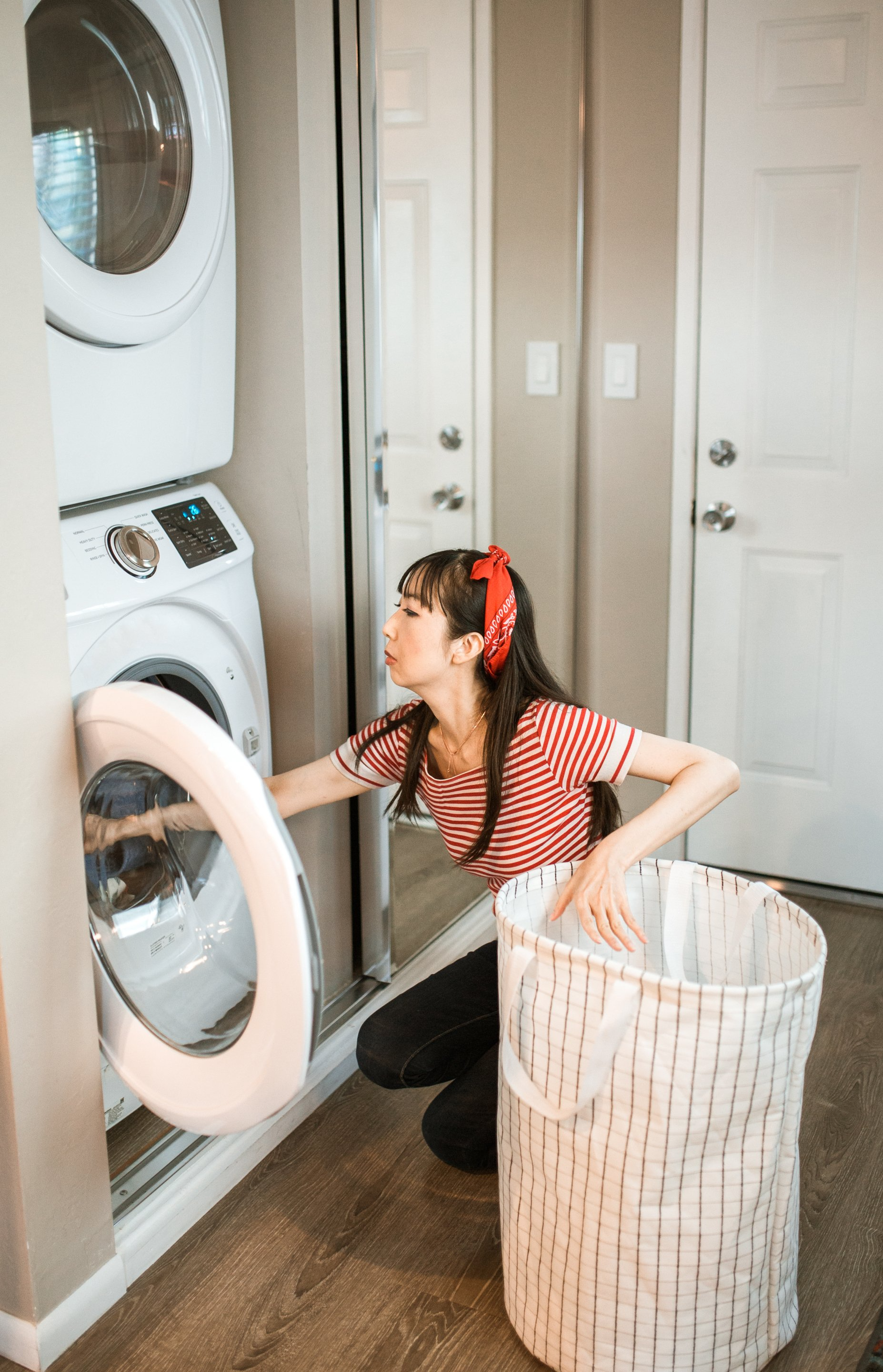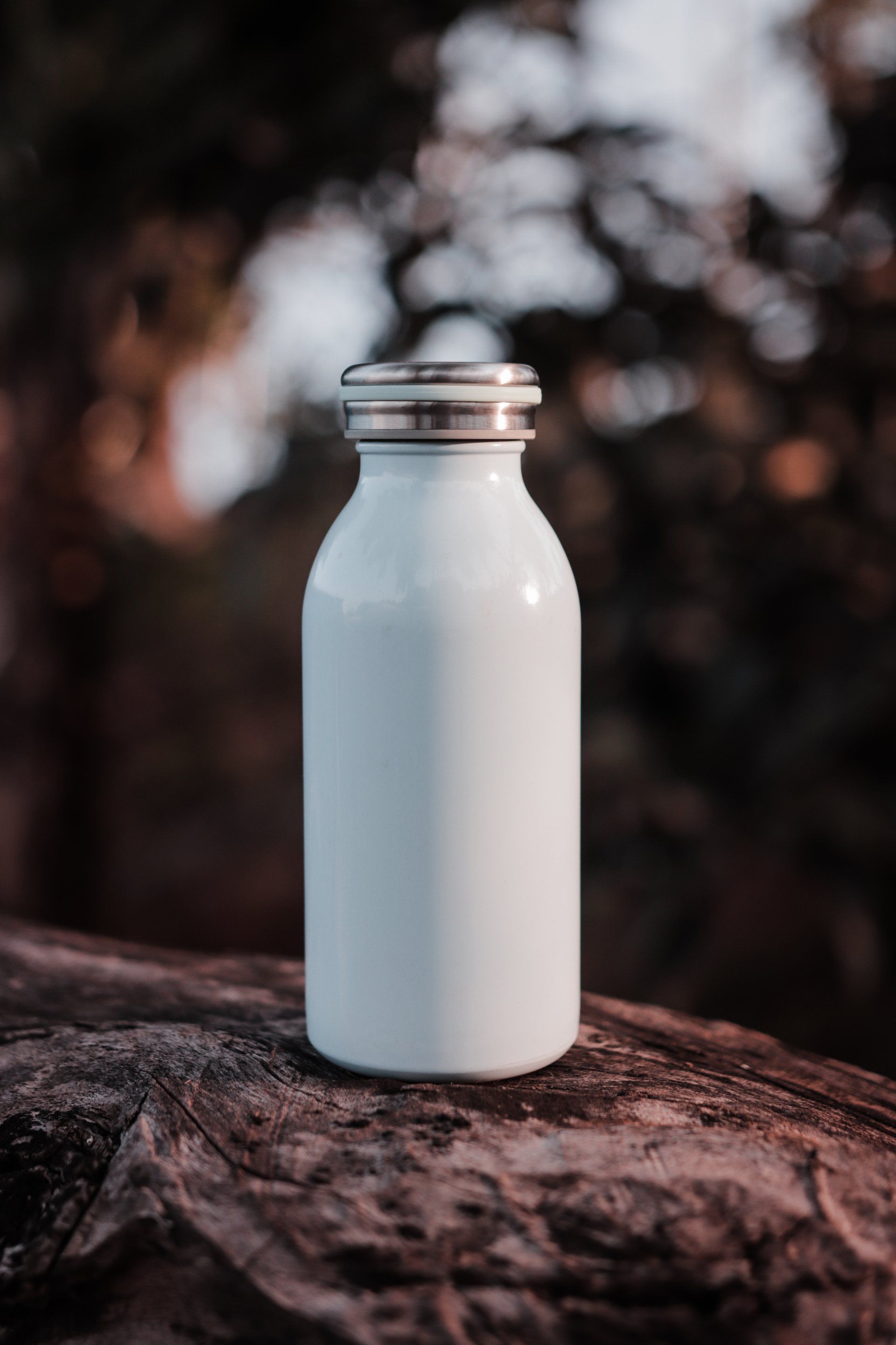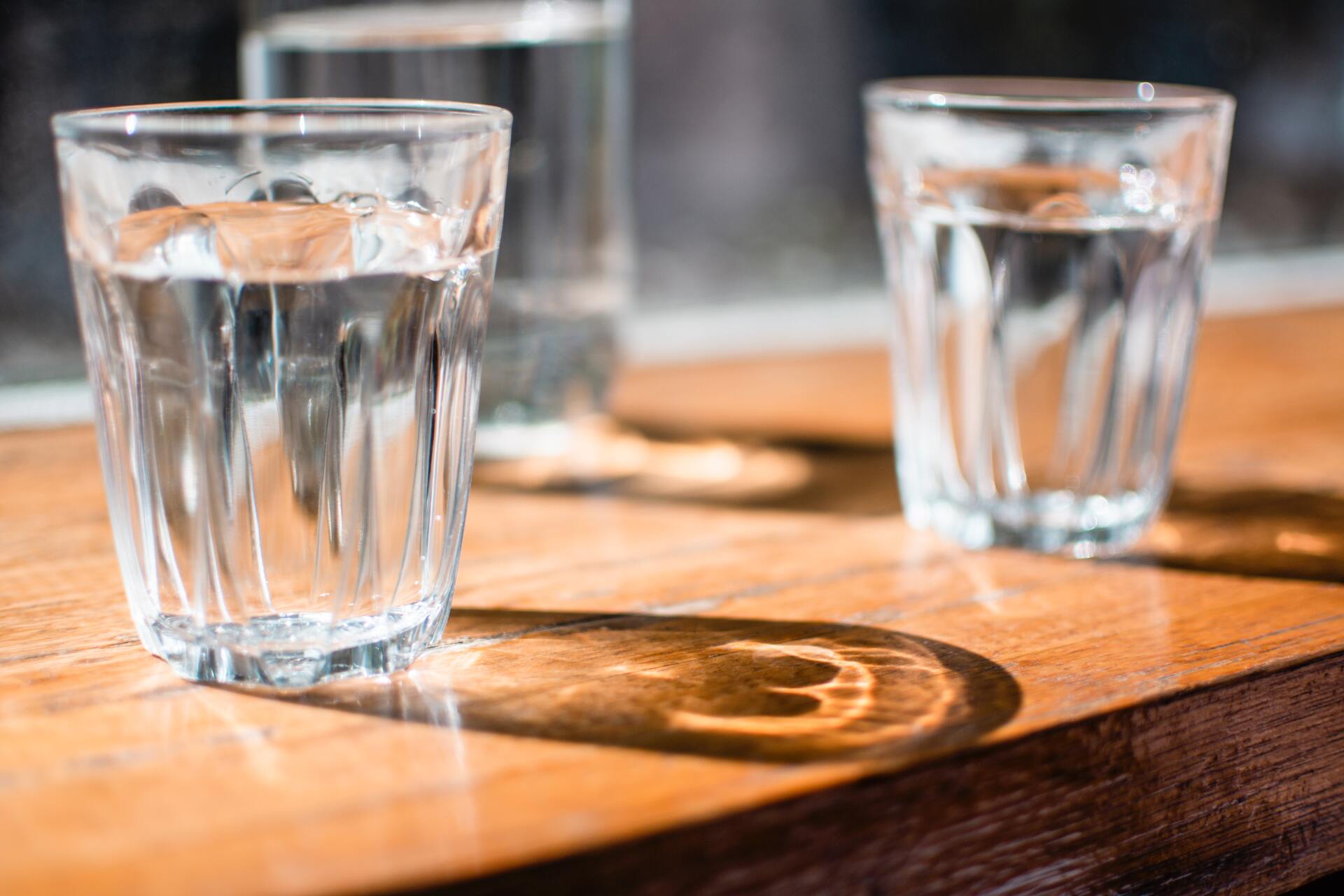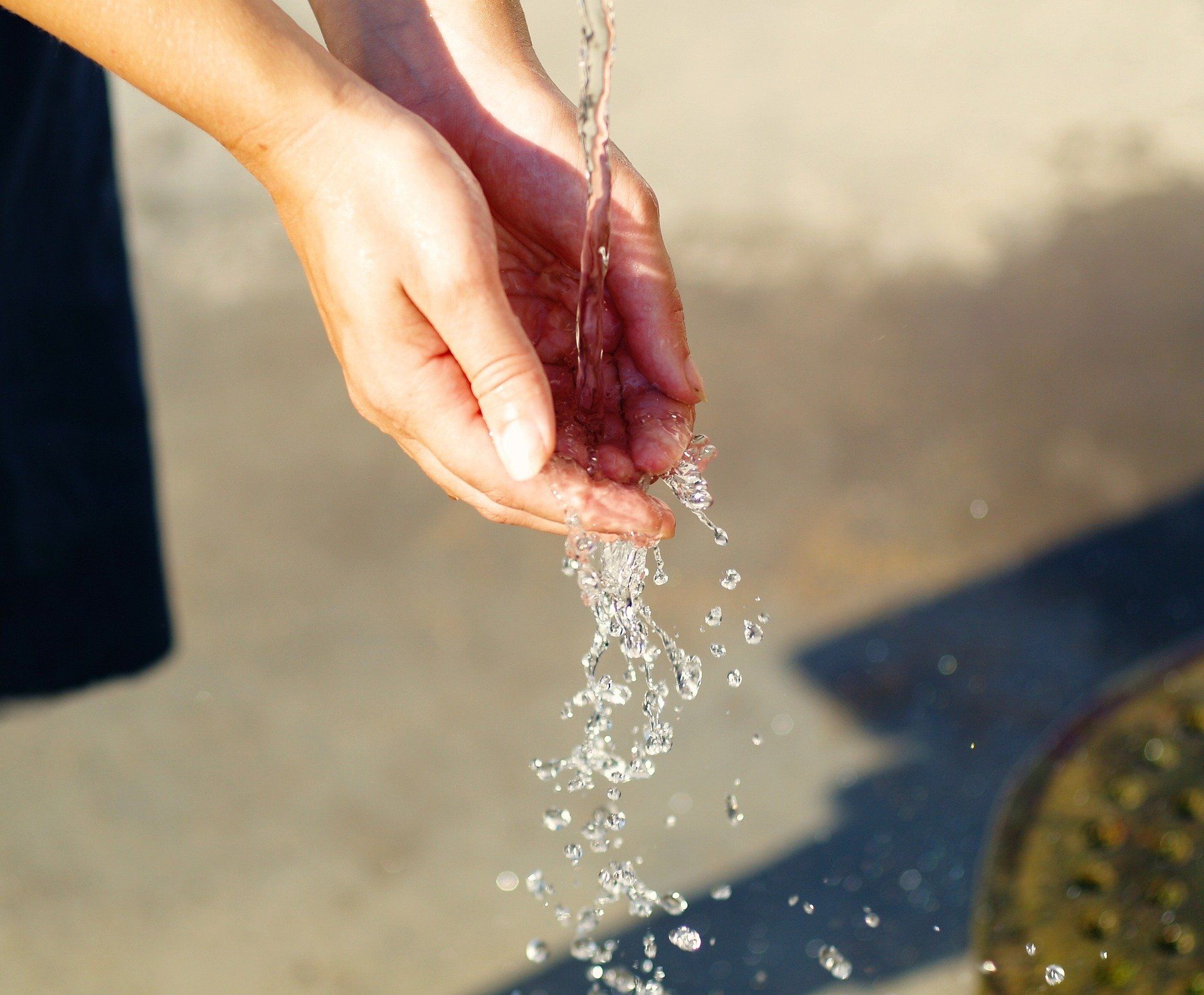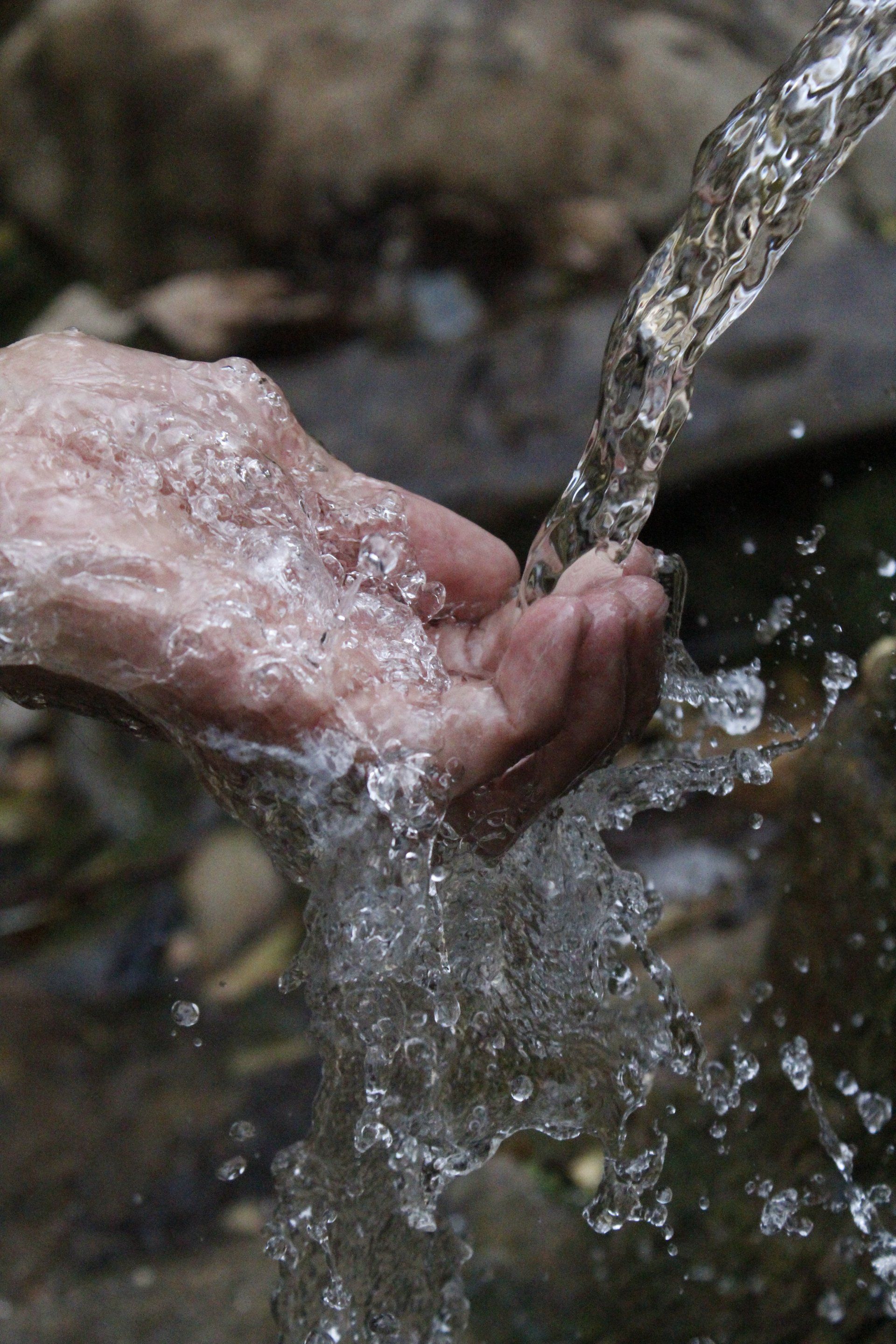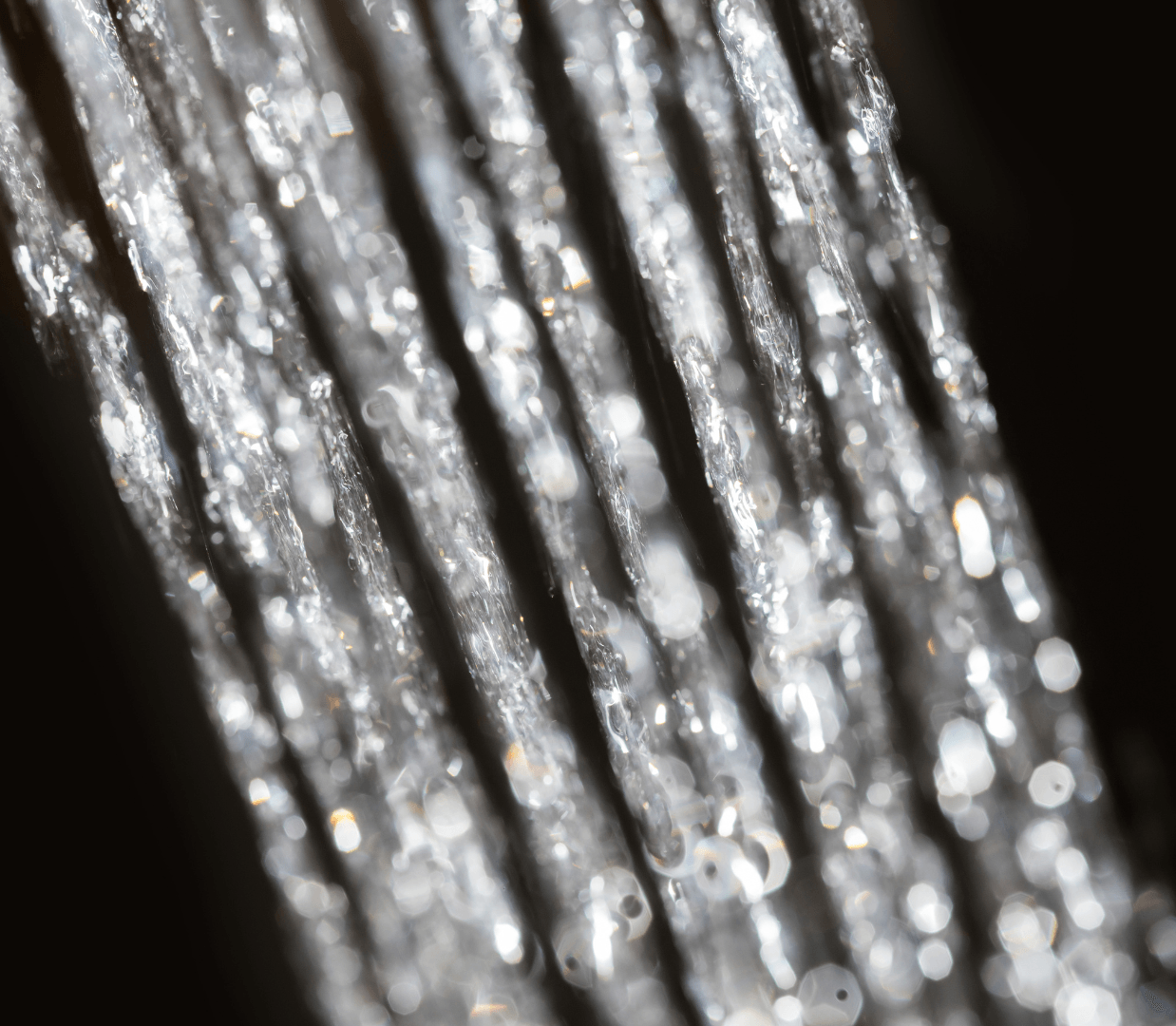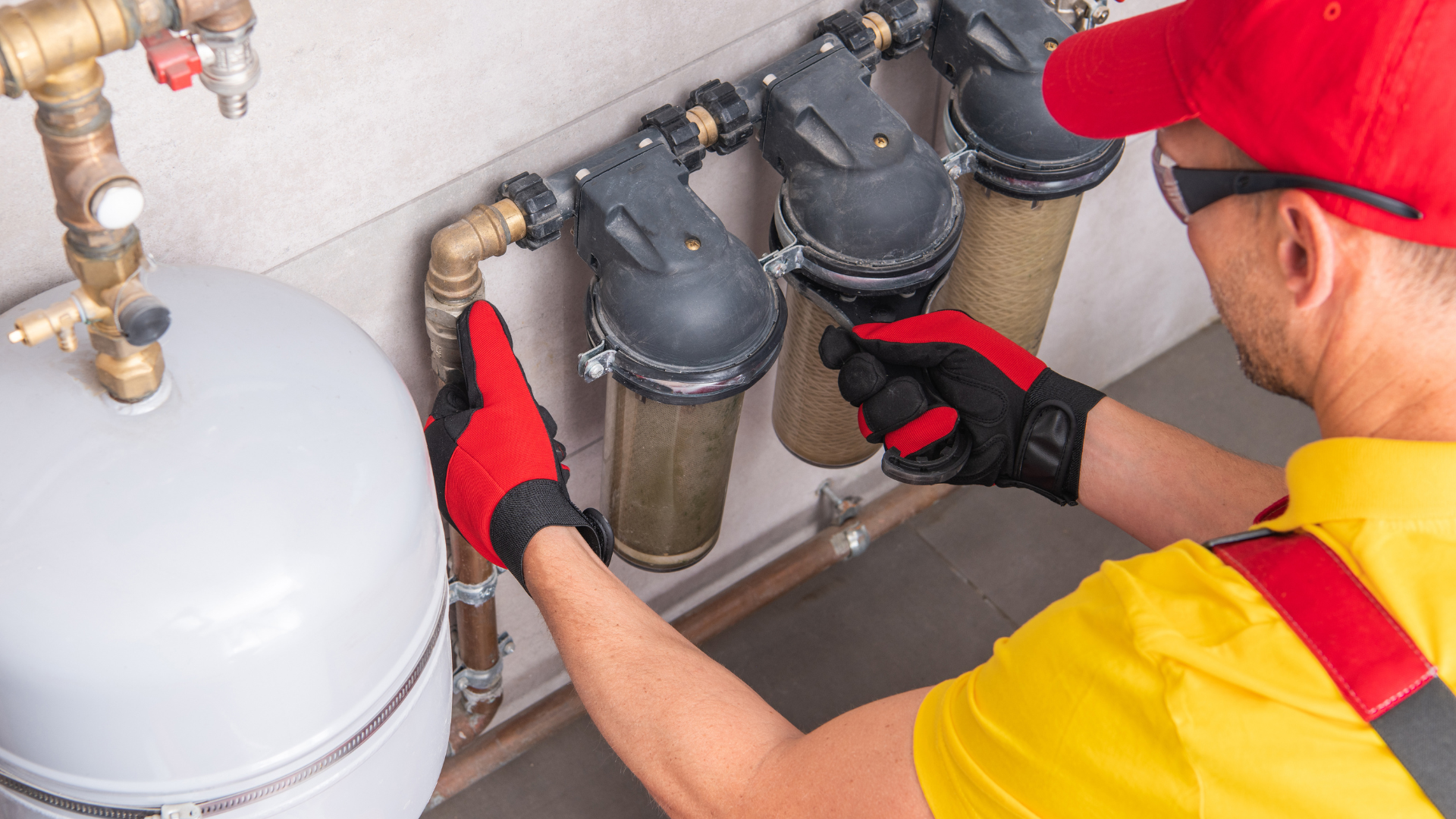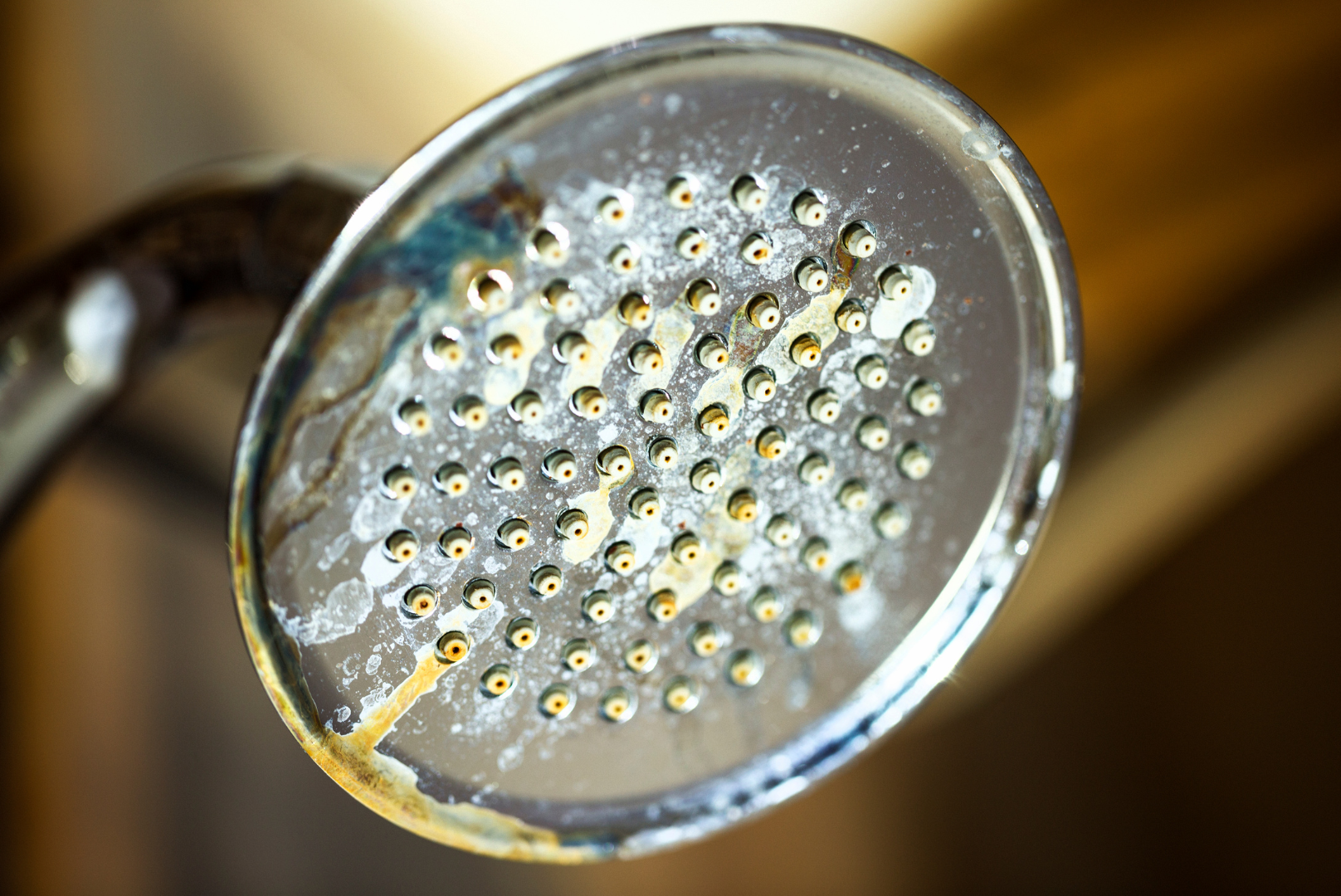Advantages of a Home Water Softener
You Don't Have to Settle for Hard Water
Hard water is perhaps the most common water issue in the United States of America. Affecting as much as 85% of the population, hard water is a daily source of irritation for hundreds of millions of Americans. Unfortunately, much of the populace at large seems to just acquiesce to the presence of heavy minerals dissolved in their drinking and bathing water without exploring the options that are available to them.
The best fix for hard water, especially if you draw your own private water through a well, is the installation of a water softener in your home. Let’s take a look at five advantages of having a water softener in your home.
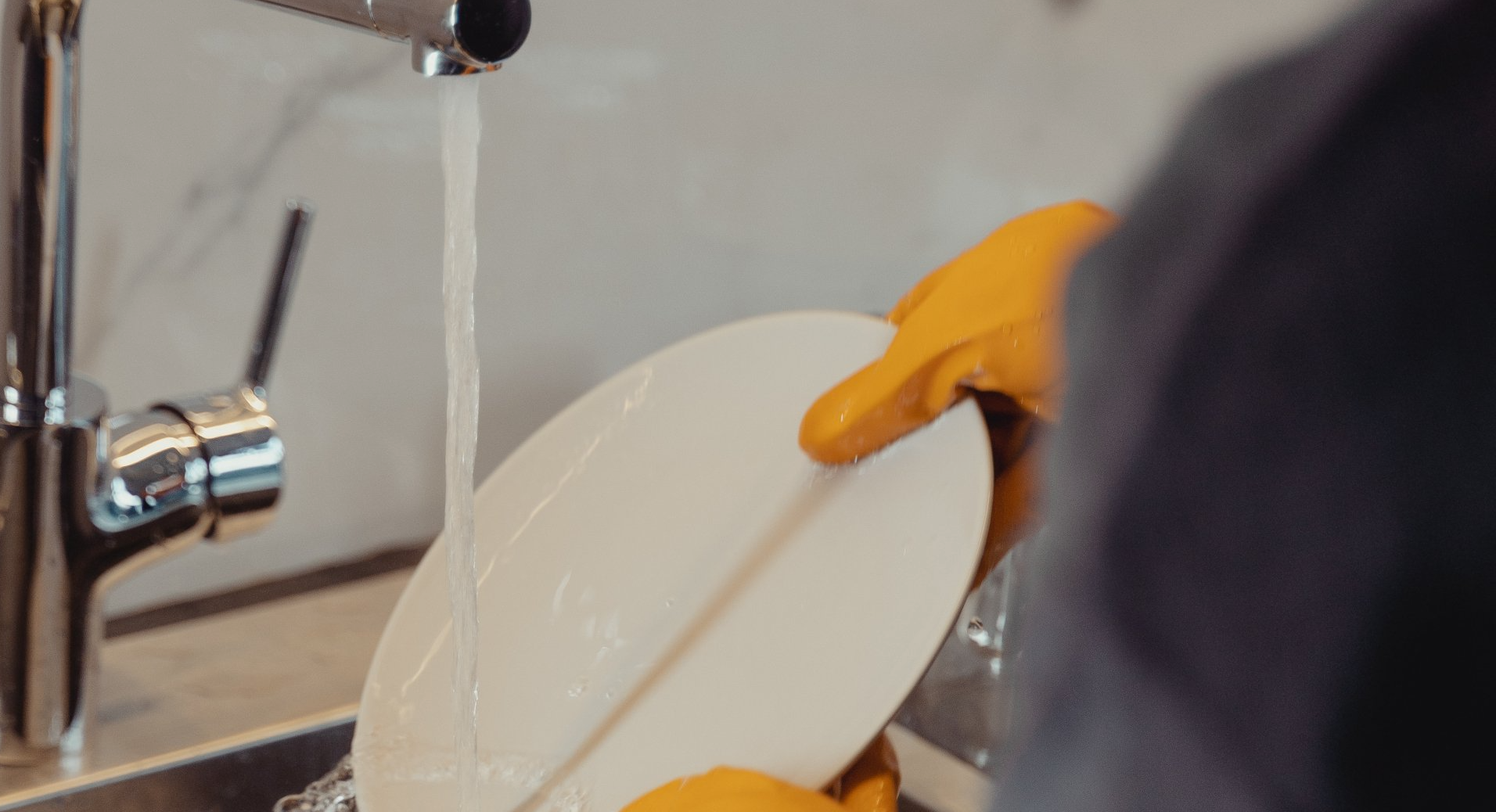
1. Get the most out of your soaps and detergents
One of the most common complaints about hard water is that it seems like nothing ever gets clean enough. As it turns out, there’s a reason for that. The calcium and magnesium carbonate found in hard water interferes with the effectiveness of soaps and detergents, preventing them from forming a proper lather. This means that you are using more cleaning agents to achieve worse results than those with soft water.
A water softener fixes this problem entirely by capturing and removing minerals dissolved in your tap water, meaning that your laundry is brighter, your dishes are sparkling, and your hands are properly cleaned.

2. Say Goodbye to Dry Skin and Brittle Hair
When you bathe with hard water, a layer of minerals may build up on the surface of your skin, meaning that you’ve got an irritating agent coating your skin that causes the dry skin and brittle hair associated with hard water exposure. This irritated, dry skin is exacerbated by the aforementioned interference that hard water causes with soap and shampoo. As the minerals build up on your skin, soap becomes less effective.
With a water softener, you can wash properly, leaving your skin nourished, well moisturized, and clean. Say goodbye to chapped arms and itchy legs!
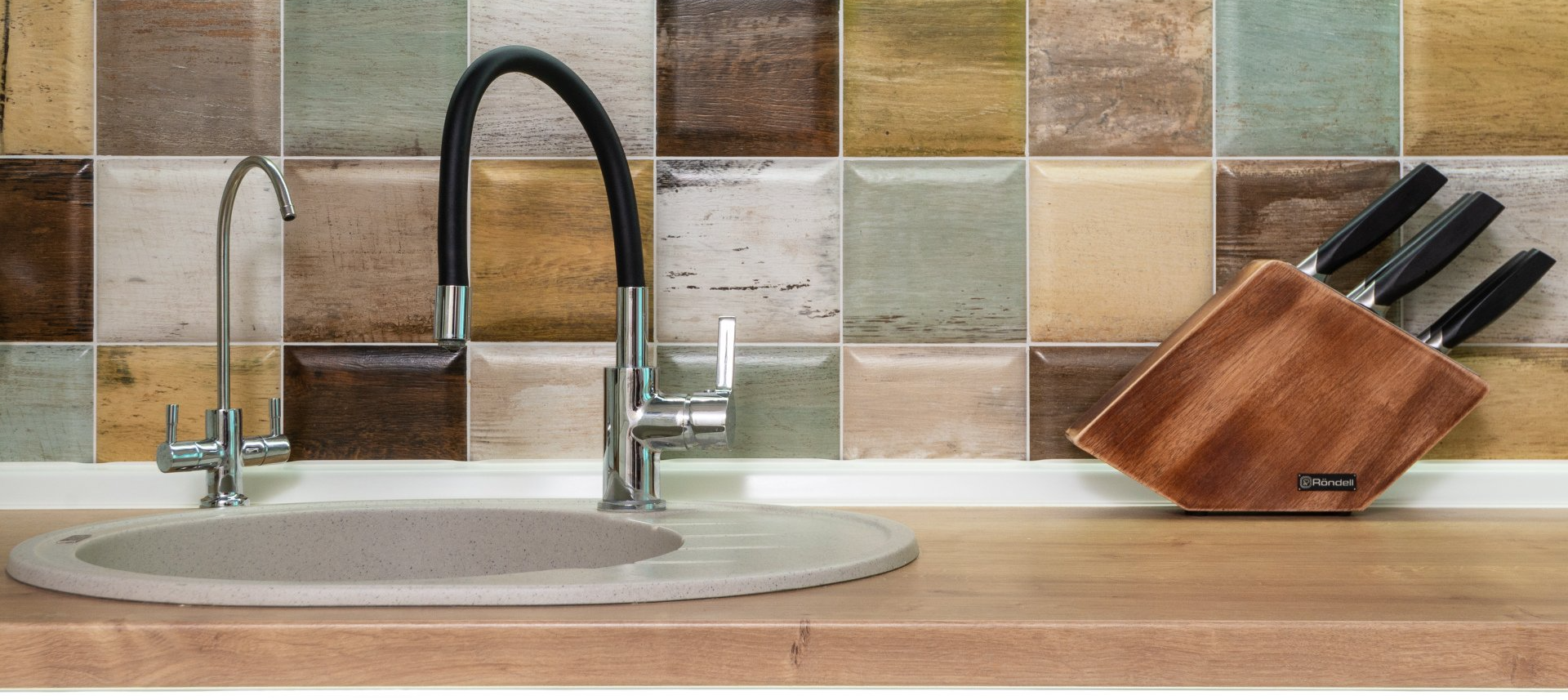
3. Protects your plumbing from scaling
Limescale is one of the leading causes of plumbing blockage and pipe ruptures. As minerals build up on the inside of your piping, you will experience diminished waterflow and eventually complete blockage requiring costly repairs. It’s not just your plumbing that is affected by scaling. All household appliances that touch water will begin to have limescale buildup. Your washing machine, dishwasher, and even your coffee pot will experience poor waterflow as limescale builds up and clogs interior piping.
A water softener prevents calcium and magnesium carbonate from even reaching your pipes, meaning that limescale doesn’t even have a chance to grow.
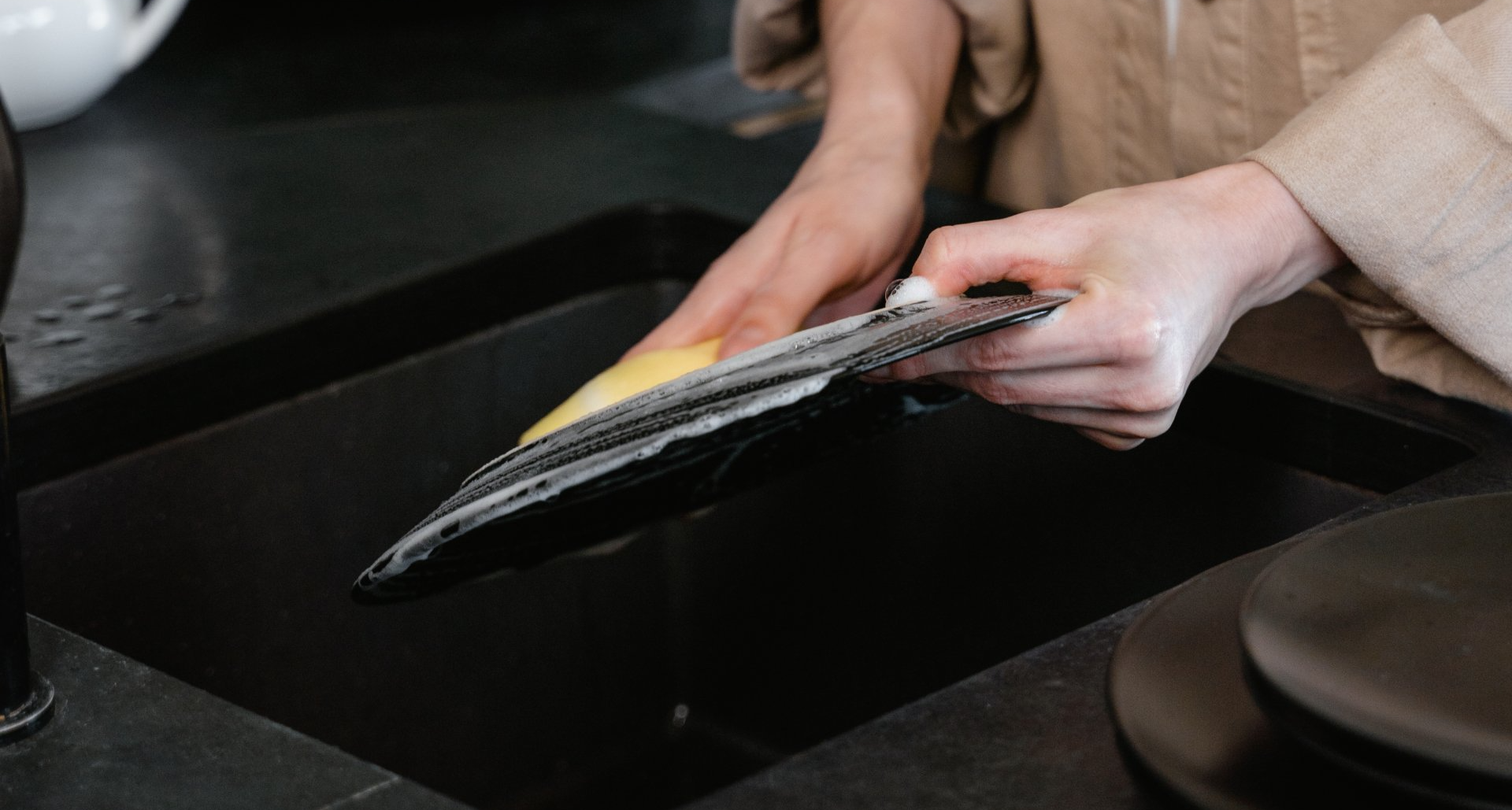
4. Cleaner dishes
If you have hard water, you don’t need us to tell you how frustrating it is to run your dishwasher only to find your dishes caked in nasty soap scum and water stains. Not only does hard water prevent your dish detergent from doing its job properly, it also coats your dishes with mineral deposits, causing those unsightly stains and streaks.
Save yourself the trouble of having to rewash all of your dishes by hand with a home water softener.
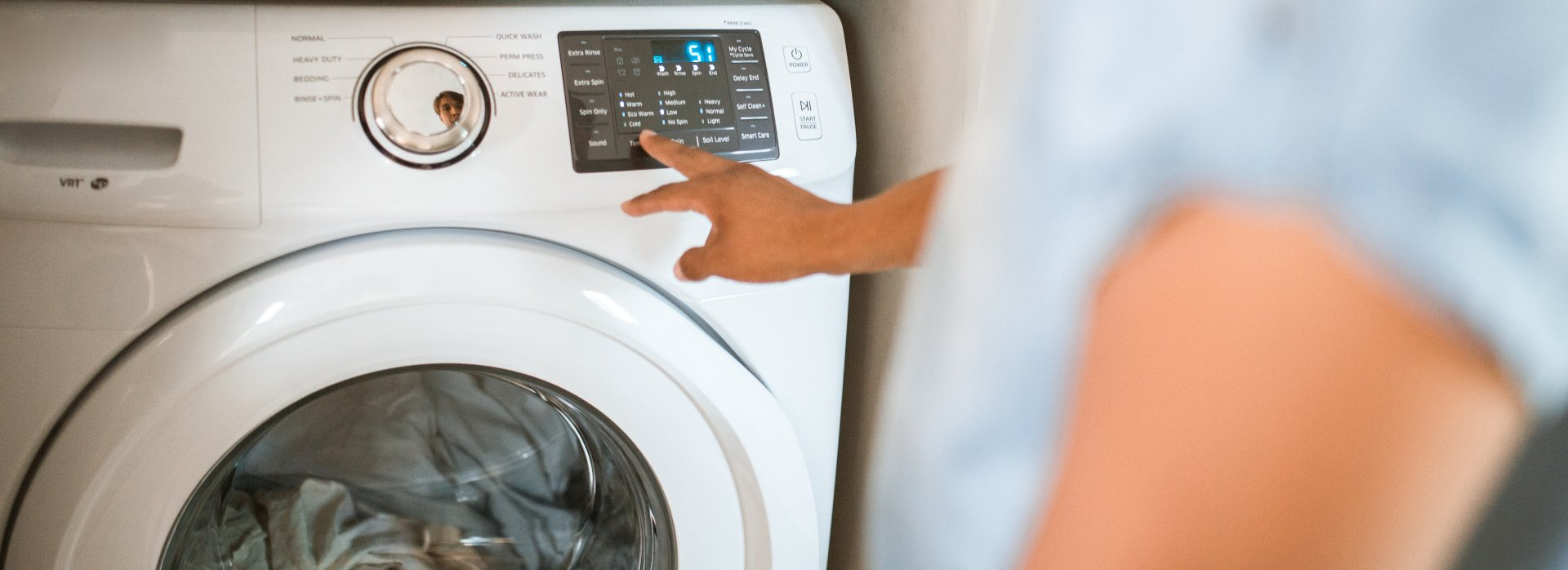
5. Save money
When you consider all of the water and energy that is wasted rewashing clothes and dishes, all of the excess soap and detergent used, and the costly plumbing repairs caused by limescale buildup, a home water softener practically pays for itself.
Consider the extra money you spend on energy alone. Limescale can damage heat exchangers in your hot water tank, meaning that it uses more energy to get your water hot enough to use.
Your appliances and plumbing use more water and energy to produce poor results, plus you are using more cleaning agents than you would with softer water. A home water softener will solve these problems and will save you money in the long run.
If you have questions about the benefits of a home water softener, please do not hesitate to reach out to us. We are happy to help!
